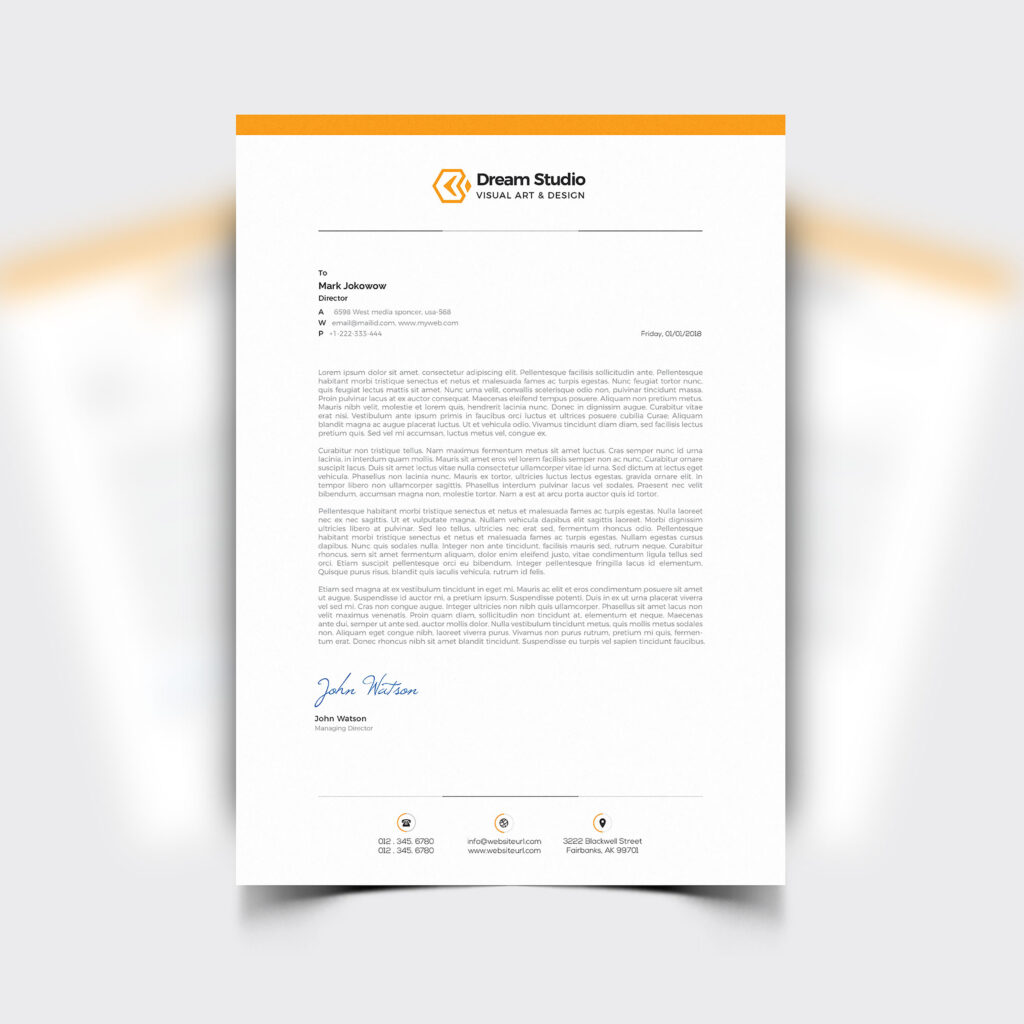Career Advices
/


How To Write A Resume
Name, Address, Telephone Number and E-mail Address (Optional)
Begin your resume with your real name (not nickname) and a permanent address. Include the area code with your phone number. If you are not at home during the day, make sure an answering machine or voicemail is available for messages.
YOU SHOULD THEN INCLUDE THE FOLLOWING:
How To Write A Cover Letter
WHAT IS A COVER LETTER?

COVER LETTER FORMAT
Use the following template to help you write an effective cover letter introduction, main body, and closing.

City, State, and Postcode

LinkedIn profile
Introduction
Begin with a statement that establishes a connection with your reader, such as a headline or a probing question. Briefly state what job you are applying for.


Main body
Closing

How To Write A Resignation Letter
The purpose of a resignation letter is to advise your employer of your intention to resign from your current position within the company.
Your resignation letter should be kept brief but should at least include the following:
-
The name of the person you are addressing it to
-
An explanation for your resignation
-
The effective date of your resignation
-
The date of your last day of work
-
Your name and signature


You will need to check your company policy or your employment contract to find out how many weeks notice you need to give upon resignation. Some companies will terminate an employee immediately, so be prepared for this.
You should also consider including a positive statement about your employer and perhaps even thank them for the opportunities they gave you or wish them well for the future. Whatever your reasons for resigning, you want to leave on good terms. It is important to remain professional as your resignation letter will be kept on file and could be accessed for future reference.

RESIGNATION LETTER TEMPLATE
Use the following template to help you write an effective cover letter introduction, main body, and closing.
Your Address
Your City, State, Post Code
Your Phone Number
Your Email (optional)
Date
Name Title Organisation Address City, State, Post Code
Dear First Name Last Name,
I would like to inform you that I am resigning from my position as (position held) for the (XYZ Company), effective (Leaving date).
Your signature
Your name

Interview Question & Tips
To put your best foot forward, browse through our top 19 job interview tips. This information will give you an advantage when applying for jobs and going through the job interview process in today's competitive markets.
Interview’s Do’s & Don’t
Do’s
It is very essential to research and have an advance idea about the company operations, main product & services, management team etc. The research will assist in understanding the company and what can be possible requirements for the job profile.
Wear the right outfit:
On the day of interview be neatly groomed and dressed.
Reach before time:
Reach the location 10-15 prior as you might be required to conduct certain formalities.
Carry your resume and important certificates:
Carry multiple copies of resume and important certificates as the interviewer might review them during the interview.
Be courteous:
Be courteous and respectful to the people you meet as your behavior can be considered during your recommendations and feedbacks.
Do have a friendly expression:
During the interview, maintain a friendly expression as it will make the interviewer comfortable while interviewing you.
Be attentive:
Be attentive to interviewer questions and understand the question clearly before answering the interviewer. Take few minutes to think and then answer the question accordingly.
Be straight and clear:
It is important to be straight and clear while answering questions as it will give an impression of you being comprehensible and focused in your mind.
Be positive:
for any interview it is significant to be positive as sometimes more than your qualifications your optimistic approach might get you a job.
Dont’s
Being late for the interview can give an impression of unseriousness towards work and job.
Present weak body language:
Be conscious of what you’re presenting to the interviewer. Slouchy walking style, relaxed sitting posture, inadequate eye contact, fumbling and being timid while answering questions will present a weak personality to the interviewer.
Be Negative:
During the interview, never express bad feelings about your last job or last boss as it highlights the unprofessionalism within you.
Being inquisitive:
Avoid being inquisitive about your salary package, bonus, vacations or other benefits extended by the company. The discussions about such questions can be inquired during the time of offer.
Falsify Things:
Never lie to interviewer. Answer all the questions with honesty, truthfulness and succinctly.
Copyright © 2026 IngeniousFusionTek | All Rights Reserved














